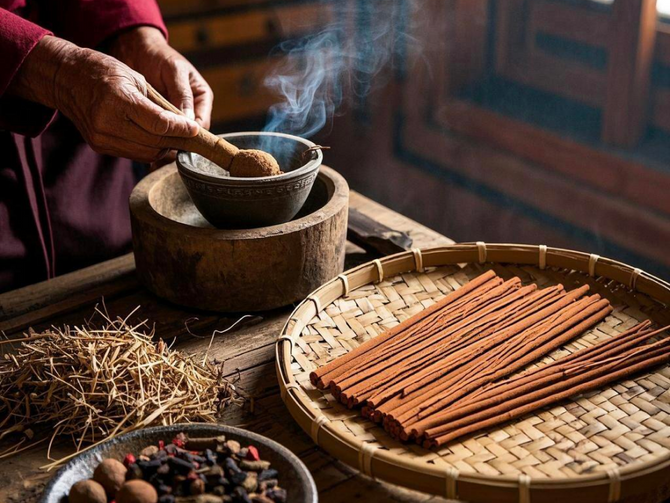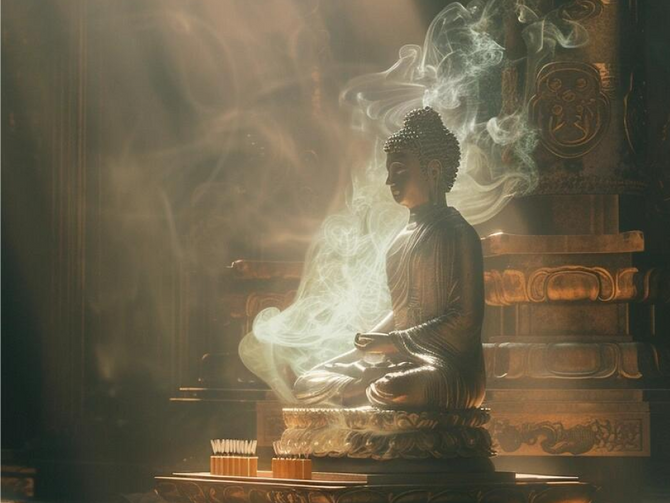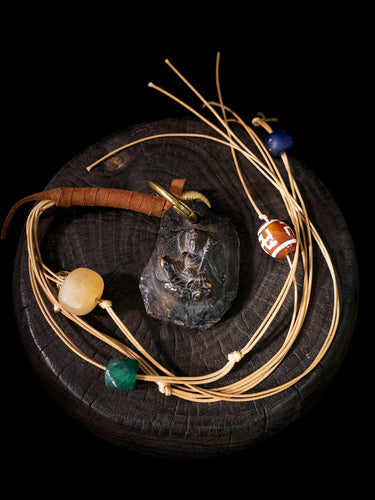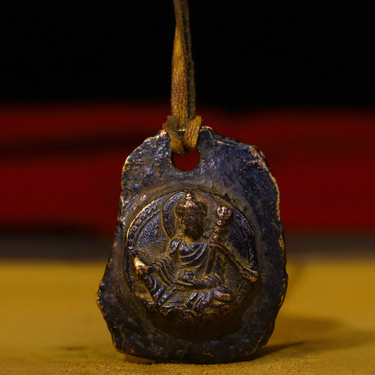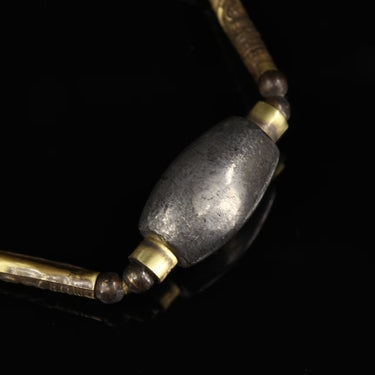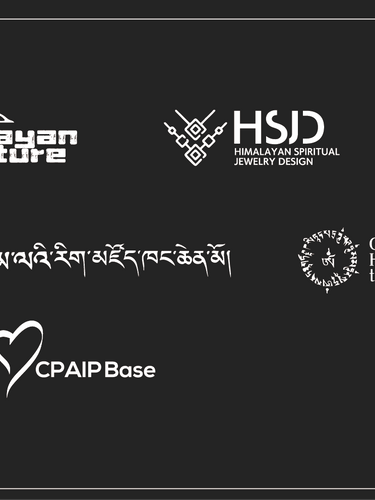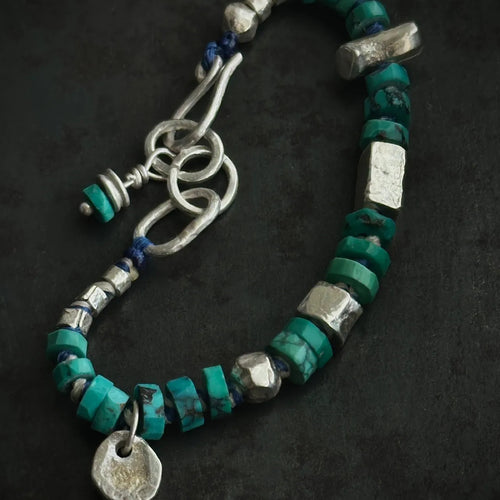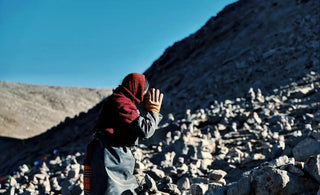
I. It Was a Fire No One Could Stop🌌
The fire broke out on the fifth day of Losar—the Tibetan New Year—on what should have been a day of joy and laughter. The entire village was cloaked in celebration. Butter lamps flickered in every home, their flames dancing like golden spirits. Crimson banners rippled from rooftop to rooftop, and the sound of sheep-skin drums echoed through the narrow mountain paths. Children darted through temple courtyards, spinning prayer wheels with wild abandon, their laughter rising like smoke into the cold, highland sky. She had only gone to the kitchen to fetch a pot of hot water.
It was supposed to take just a minute—two at most. But in that fleeting moment, something sparked: a gust of wind, a fallen ember, perhaps a forgotten lamp tipped by one of the children. When she heard the first scream—a sharp, panicked cry—she dropped the kettle. By the time she reached the doorway, her home was engulfed in flames. The dry wood crackled like it had been waiting years for this. And her daughter, barely seven years old, was still inside.
Villagers rushed to restrain her, shouting warnings, trying to hold her back. But she thrashed against their arms with the strength of someone who had already lost too much to care. She charged into the fire as if her body had no fear left in it. Her robes caught flame. Her hair seared away. When the monks pulled her out, she collapsed into their arms—a husk of ash and smoke, barely breathing. She survived. Her child did not. No one blamed her. The elders called it fate. But she never forgave anyone—not the wind, not the fire, not even the gods. And from that day on, she never spoke another word.
II. She Treated the Vajra as a Soul in Her Place🧘
Three months later, she left the village with nothing but a single object—a five-pronged vajra pendant made of white Lima copper, which she had found in the charred remains of the local stupa. Rumors whispered it had once been destined for the monastery’s new altar, though how it ended up in her hands no one could say. She wrapped it in a corner of scorched red monk’s robe and carried it close to her skin. No one ever saw it.
She built herself a retreat hut at over 4,000 meters above sea level. No electricity. No firewood. She lived on barley flour and occasional offerings of butter from a nearby temple. At first, people thought she’d gone mad. Later, they began to fear her.
She meditated five times a day. Before each session, she would press the vajra tight in her palm. A few monks saw her cry from a distance, but never heard a sound. She stayed up there for twenty years. From girlhood to silver hair.
Some say she was chanting for her daughter. Others believe the vajra wasn’t just a tool—it was her proxy. It bore the weight of what she couldn’t say. It remembered what she couldn’t forget.
III. When They Found Her Body, It Was Still in Her Hand
It was a young monk who found her. He had climbed the mountain with butter lamps and barley, as he often did. But that morning, something felt different.
He pushed open the wooden door and found her seated on her meditation mat, leaning slightly forward, as if she had just entered samadhi. Her hair was completely white, her face weathered but peaceful. In her right hand, the vajra was still clenched. Her fingers were blue from the cold, but her grip remained firm.
Beside her lay a bowl of dried butter, a fragment of scripture too faded to read, and a piece of coarse cloth bearing a single line of Tibetan script:
"If anyone can hear its voice, let it protect again."
The monk knelt in silence. He did not bring the vajra to any temple. Instead, he passed it on to an old practitioner, saying, "If you meet someone who understands it—give it to them."
And so it began another journey. No shops. No markets. Only instinct. From hand to hand, through decades and borders, never once auctioned or traded. Until one day, it arrived in our hands—quietly, as if it had always known someone would be waiting.
IV. Kailash Is Not a Seller. We Are Merely Listeners.
When it was placed before us, it was still wrapped in the faded red cloth. We didn’t unwrap it right away. We didn’t assign it a price. We simply sat with it in silence, and waited.
That night, none of us slept. One of our guardians said they heard a faint metallic chime—barely audible, not wind, not rats. By morning, we opened it.
Inside lay a Qing-style five-pronged vajra pendant, forged in rare white Lima copper. Though aged, its surface bore the unmistakable signature of lineage. The five points were still sharp, the geometry intact. No two sides were perfectly symmetrical—and yet, it felt complete.
This wasn’t just a miniature tool. It was designed for the heart-space—compact enough to wear, strong enough to hold memory. The five prongs represent the five transcendent wisdoms in Vajrayana teaching, and this pendant had once been worn close to the skin during empowerments, silent rituals, and sacred vows.
At Kailash Energy, we don’t sell sacred things. We steward them. We don’t ask what they’re worth—we ask who they’re waiting for.
This vajra was not meant to be admired.
It was meant to awaken.
V. You May Be Only One Incense Away
You don’t need lineage empowerments, elaborate ceremonies, or even words. Sometimes, all it takes is one quiet moment—one breath, one flame, one curl of incense smoke. Maybe it’s late at night. The world outside has gone quiet. You light a stick of sandalwood, sit in stillness, and notice how the air shifts. Not dramatically. Subtly. In the corner of the room, the vajra rests—not demanding attention, not radiating force, but simply present. We’ve witnessed it before: when someone connects with such a piece, it’s not a decision—it’s a memory. A soft recognition. Those who are meant to find it never seek it loudly. They simply arrive when their inner silence begins to echo what this object has carried all along. If, while reading this, something stirs in your chest—something wordless, yet unmistakable—then it may already be reaching for you. This vajra does not wish to be possessed.
It longs to be activated. To serve.
To return to where practice breathes again.
✦ It Is Waiting for You ✦
You don’t need empowerments. You don’t need transmissions. Sometimes, all it takes is stillness.One evening, the world slows down. You light incense. The smoke curls. Your breath lengthens. In the far corner, the vajra rests. It makes no sound. But you feel something shift.
We’ve seen this moment before. Those who are meant for it don’t always come looking. They simply know when the time has come. They don’t "decide." They remember.If you're reading this and you feel something—not pressure, but presence—then perhaps it already knows you. Perhaps it has been calling you back, waiting not to be owned, but to be held again.
It doesn't want a shelf.
It wants a pulse.
✦ It Has Been Waiting ✦
🔎Explore the Antique and transform your spiritual journey - Shop Now


